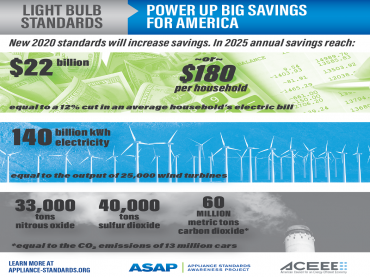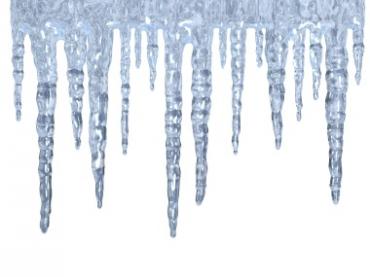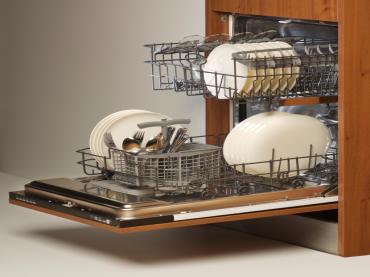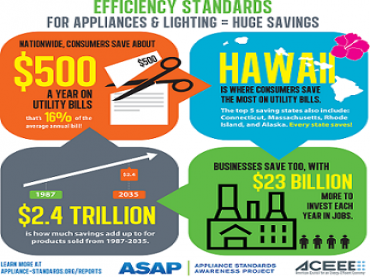

For more information, contact Andrew deLaski, 617-515-7755, adelaski@standardsASAP.org
Statement by Andrew deLaski, Executive Director, Appliance Standards Awareness Project and Steve Nadel, Executive Director, American Council for an Energy-Efficient Economy


Media Contact: Marianne DiMascio 339-933-8140

New York Times Op-ed
By Terry Sobolewski and Ralph Cavanagh, NRDC
Partisan fights in Washington can leave the impression that we’re hopelessly divided. The truth is there are plenty of bipartisan solutions to the energy and environmental challenges we face, and energy efficiency is near the top of the list.

NRDC blog post by Ed Osann
Twenty-five years ago this week, President George H.W. Bush ushered the federal government into our bathrooms.
This turned out to be a good thing.

In a letter to House and Senate subcommittees and to DOE Secretary Perry from "the entire group of Senate-confirmed Republican and Democratic Assistant Secretaries of Energy who led the DOE Office of Energy Efficiency and Renewable Energy (EERE) between 1989 and 2017", standards are billed as the "little engine that could."


ASAP/ACEEE Analysis Ranks All 50 States and DC on Electricity, Gas & Water Bill Savings; NH, NY, VT, CA, and NJ Round Out Top 10 States Where Consumers Save Most Money.